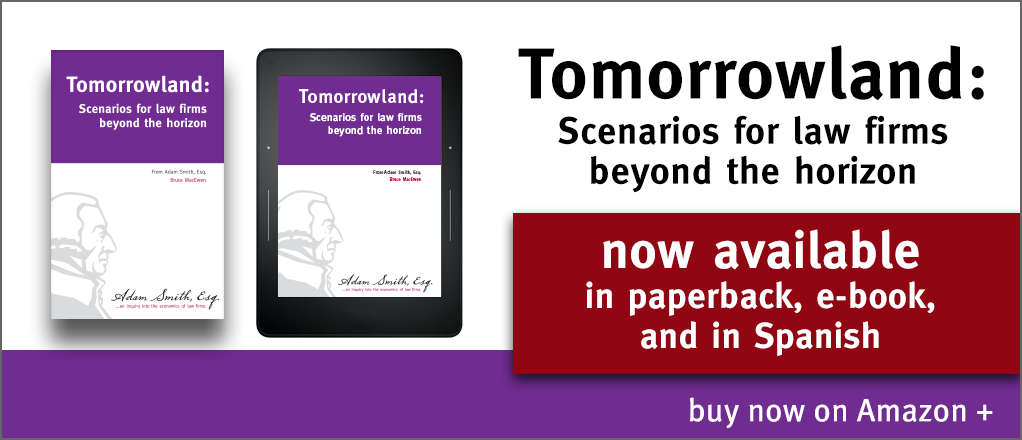Case Study / Compensation Redesign

AmLaw firm’s compensation system was at odds with its new strategic direction
Key Issues
Our client realized its outdated compensation system was an obstacle to the successful implementation of its recently adopted strategic plan which emphasized collaboration and cross-serving. The outmoded plan rewarded individual effort for both origination and working on matters; clearly not an equilibrium situation! Further, the old plan had so many criteria (over 20) for financial recognition as to be meaningless and confusing to the partnership.
We were asked to start with a clean sheet or paper with an eye to thoroughly updating their compensation system.
Actions
Following a review of the current system, the firm’s financials and strategic goals (and researching all available sources on the breadth and variety of approaches to partner comp), we recommended a two-part program that would engage the partnership and build consensus and buy-in for a plan going forward.
First, we conducted one-on-one interviews with a majority of partners and key business professionals to gain a nuanced understanding of what the partnership was seeking and was capable of – also giving them the opportunity to “vent” if necessary.
Using inputs from the interviews, we then conducted a planning workshop with key players at the firm. This included an exercise where the group “force-ranked” those elements they felt most consequential for the firm – and, thereby built consensus around key aspects.
With all that, and our deep understanding of law firms, we developed a novel plan that supported their current strategic priorities but allowed for flexibility should those priorities evolve. The plan recognized financial performance and collaboration and, importantly, subjective contributions for positive, “firm first” behaviors and good citizenship (mentoring associates, raising the firm’s profile in the community, transitioning clients from older to younger partners) – without which firms lack sustainability.
Since the comp process can be an onerous “time suck” for many, we recommended the process be undertaken every other year rather than annually and that discretionary bonuses/penalties be used in the “off” years.
Results
The firm will be moving to the new system following one “hybrid” transition year. Supporting the strategic plan’s principles through the mechanism of compensation has renewed the partnership’s commitment to the new way forward.

